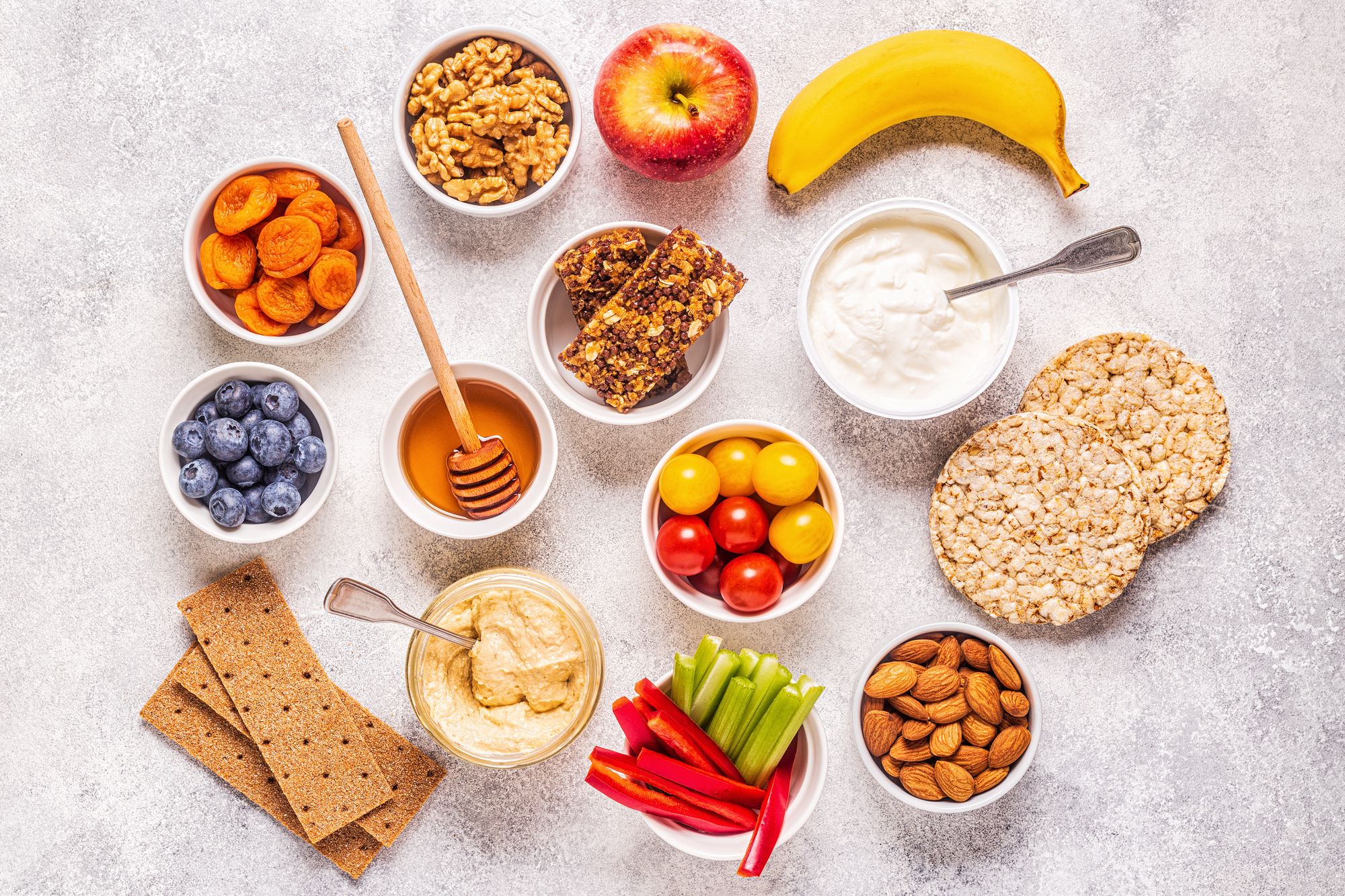When embarking on a weight loss journey, understanding the right steps to take is crucial for achieving success. Equally important is recognizing what not to do. Often, individuals may unknowingly follow habits that derail their progress, as these habits may not appear inherently problematic. To shed light on this matter, we sought guidance from Marissa West, CPT and nutrition specialist, founder of West Kept Secret, along with Lisa Young, Ph.D., RDN, author of Finally Full, Finally Slim, a nutritionist in private practice, and esteemed member of our Medical Expert Board. Together, they provide insights into the habits that hinder your weight loss endeavors.
Naturally, every individual's body is unique, and what works for one person may not be ideal for another. Nevertheless, there are certain habits that should be avoided by everyone striving to shed excess body fat and witness a downward trend on the scale. Don't make your journey more challenging than it needs to be! Read on to discover what the experts have to say about the habits that sabotage your weight loss efforts.
1) Bouncing Around to Different Workouts:

Switching from one workout routine to another may seem exciting, but it can hinder your progress. According to Marissa West, it's important to give any workout program at least one month to see if there are noticeable changes and progress. This timeframe allows your body to adapt and reap the benefits of consistency. By sticking with a specific program, you can track your performance improvements, such as increased repetitions, improved form, and enhanced endurance.
2) Eating Too Many Healthy Snacks:

While healthy snacks like almonds and avocados are packed with nutrients, they can still contribute to weight gain if consumed in excess. It's crucial to practice portion control and be mindful of serving sizes, even with healthy options. Mindlessly eating from a bag can lead to unintentionally consuming more calories than intended. Reviewing serving sizes, portioning out snacks, and storing the remainder away can help prevent overindulgence. Pay attention to the calorie content of healthy snacks and incorporate them into your overall daily calorie intake.
3) Inadequate Sleep:

Neglecting proper sleep can have a significant impact on your weight loss journey. Research suggests that insufficient sleep can increase cravings for high-carbohydrate foods. Additionally, sleep plays a crucial role in allowing your body to recover, conserve energy, and repair muscles. Aim for 7-9 hours of quality sleep each night to support your weight loss efforts. Establish a consistent sleep schedule, create a relaxing bedtime routine, and optimize your sleep environment to ensure restorative rest.
4) Excessive Alcohol Consumption:

Alcohol can be a hindrance to weight loss due to its impact on various factors. It disrupts muscle protein synthesis, which reduces the possibility of gaining muscle. It can also interfere with sleep quality and cause dehydration, which affects overall well-being and weight management. Moderation is key, and it's important to be mindful of the calories and potential negative effects associated with alcohol consumption. Limit your alcohol intake, choose lower-calorie options, and consider alternating alcoholic beverages with non-alcoholic ones to reduce overall consumption.
5) Overly Restrictive Calorie Cutting:

While creating a calorie deficit is important for weight loss, excessively restricting calories can be counterproductive. Severely limiting calorie intake can send signals to the body that it is in a state of starvation, prompting it to store fat instead of burning it. It's crucial to strike a balance by maintaining a modest calorie deficit and focusing on nutrient-dense foods for sustained energy. Aim for a gradual and sustainable weight loss approach that includes a well-rounded diet with appropriate portions.
6) Inadequate Hydration:

Proper hydration is often overlooked but plays a vital role in weight loss. Water helps control hunger, aids in waste removal, and promotes overall health. Insufficient water intake can lead to fluid retention, hinder metabolic processes, and potentially sabotage your weight loss efforts. Make a conscious effort to drink enough water throughout the day. Aim for at least 8 cups (64 ounces) of water per day, and adjust your intake based on activity levels and climate.
7) Excessive Dining Out or Ordering Takeout:

Frequent dining out or relying on takeout meals can be detrimental to weight loss. When eating out, you have less control over the ingredients, portion sizes, and cooking methods used. This can lead to consuming more calories, unhealthy additives, and larger portions than intended. Preparing meals at home allows you to have greater control over your food choices and portion sizes, making it easier to manage your calorie intake. Plan and prepare your meals in advance, focus on whole and unprocessed foods, and practice mindful eating habits when dining out.

